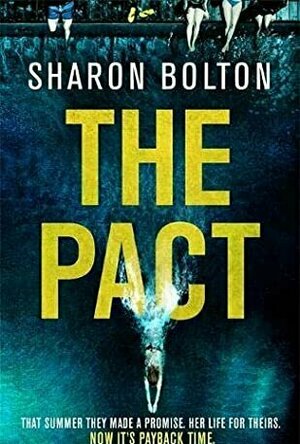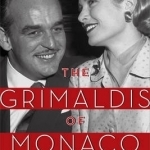
The Grimaldis of Monaco: Centuries of Scandal, Years of Grace
Book
The Grimaldis of Monaco tells in full the remarkable history of the world's oldest reigning dynasty....
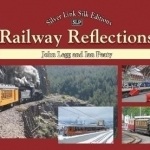
Railway Reflections
Book
Railway Reflections - Author's summaryMy co-author, Ian Peaty and I have been close friends for over...
BookInspector (124 KP) rated The Pact in Books
Jul 1, 2021
The narrative of this novel was a little slow for my liking, but I was extremely keen to find out what is going to happen with Megan. I enjoyed the way the author kept me guessing and the suspense growing, and all the twists and turns were a welcome distraction to break the monotony that built up sometimes. The topics discussed were dangerous driving, alcoholism, survival, rich privilege, friendships, belonging, mental health issues, guilt, relationships between friends and families, and many more.
The writing style of this book is easy to read, enjoyable and creative, but something is missing. It is one of the “softer” books by this author, I could say. I am more used to her dark secrets, never-ending suspense and gripping from the first-page kind books, and this book was a little behind with it. I did like the ending of this novel, which was filled with action and rounded this story extremely well. 🙂 The chapters are pretty short, so the pages just fly by. I have pretty bad car anxiety, especially when it comes to accidents and reckless drivers, so parts of this book did not sit well with me because of these nuances. (I was able to enjoy this book never the less, I just screamed at the characters in my head. 😀 ) So if you suffer from it like me, proceed with caution. 😉
So, to conclude, I enjoyed this novel. The characters are very well developed and truly enchanting. They all have to offer so much to this book and I loved reading about them and their lives. The plot has plenty of intrigue, well placed twists and unexpected surprises and kept me guessing.
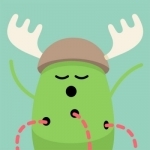
Dumb Ways to Die
Games and Education
App
You've seen the video - now the lives of those charmingly dumb characters are in your hands. Enjoy...

Flitsmeister
Navigation and Travel
App
Flitsmeister saves you money on fines, warns you of traffic jams and prevents accidents. Over...
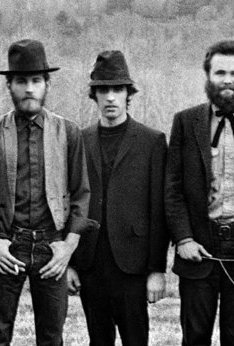
Once Were Brothers: Robbie Robertson and The Band (2019)
Movie
Directed by Daniel Roher (Ghosts of Our Forest) and executive produced by Martin Scorsese, Brian...

UK Car Driving Theory Test
Education and Reference
App
Official and latest theory test revision questions to prepare your theory test. For iPhone, iPad and...

Mercedes me
Lifestyle and Navigation
App
Any time and anywhere. With the Mercedes me app on your iPhone or Apple Watch you have your personal...
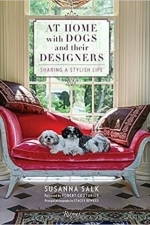
At Home with Dogs and Their Designers: Sharing a Stylish Life
Susanna Salk and Stacey Bewkes
Book
America's leading interior designers show readers how to live in the most stylish way with their...
Design photography
